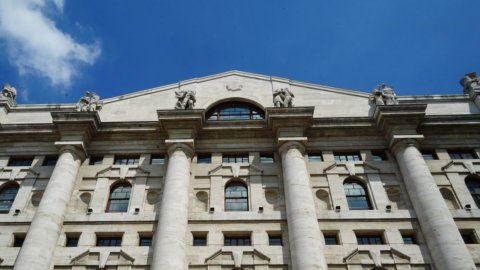The effect of elections in Bavaria he doesn't feel alone on the Merkel government, but also on the financial climate in Germany. The research company Zew, which processes the index of the same name on investor confidence in the German borders, published alarming data this morning. According to the latest findings, the indicator relating to growth expectations of the German economy dropped from -10,6 points in September to -24,7 in October, the lowest level since August 2012, when the euro crisis was still in full swing. The result is also much worse than expected: on average, analysts had expected a much more contained decline, to -12 points.
The Zew index relative to the sentiment on the current German economic situation, which fell between September and October from 76 to 70,1 points. Also in this case the fall is more serious than the market expected: the consensus was at 74,5.
At the same time, the index of the climate of confidence in the Eurozone, which went from -7,2 to -19,4 points in the same period.
This does not mean that the situation was rosy before the Bavarian elections. Indeed, the Zew index on growth expectations in Germany has been in negative territory since last April. However, the October figure is one of the most distant from the historical average of 22,8 points.
In fact, according to the president of Zew, Achim Wambach, it is not the political upheavals within Germany that weigh the most on investor confidence, but rather two open fronts on the international scene: the trade war between the US and China and the risk of a lack of agreement between London and Brussels on Brexit.
The Zew note makes no explicit reference to Italy and the foreseeable clash between Rome and the European Commission over the budget maneuver, but generically cites some "political developments in the Eurozone" as a source of concern for investors.





